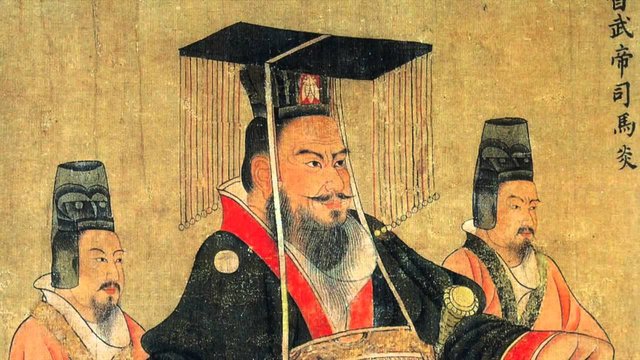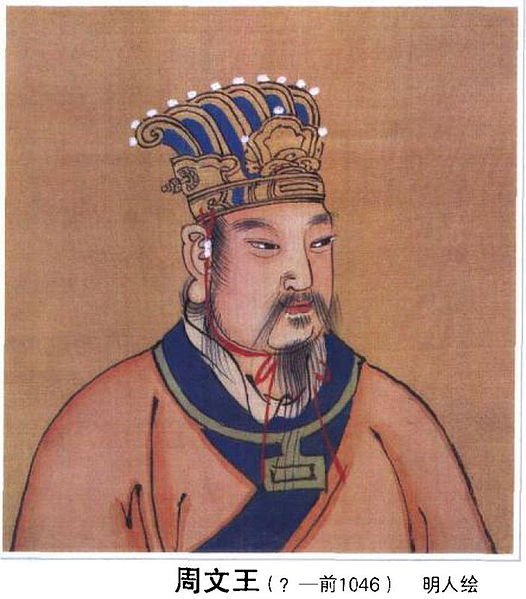3 Great Emperor of China
In ancient China, an emperor had the ultimate power and became the decisive fate of the nation. With a history of more than five thousand years, China once had 67 dynasties with 446 emperors. Among these, the following 3 emperors were so honored for their remarkable achievements in the social development of Chinese society.
1. Qin Shihuang
Qin Shi Huang (259 BC - 210 BC), born with the name of Ying Zheng, was the first emperor to unite China and was the founder of the Qin Dynasty.
During the Zhou Dynasty era, Ying Zheng was king of the Qin Country. After defeating six other countries in the period of the Inter-State War in 221 BC, he became the ruler of the whole of China and founded the Qin Dynasty. For the first time, the whole of China was united under one powerful ruler. That same year, he declared himself to be the first emperor and referred to as Qin Shihuang, this achievement far exceeding the achievements of the previous Zhou rulers.
After unifying China, the emperor began to unite the Mandarin characters, standardized the size and currency of the entire empire, making it easier for trade between different communities living there.
Qin Shihuang also undertook gigantic projects, among which the most famous were the Great Wall of China to bolster the northern border, and the Terracotta Army, a grave the size of a city guarded by the Terracotta Army the size of a real live army.
2. Emperor Wu of Han
Emperor Wu of the Han Dynasty (156 BC - 87 BC), whose real name is Liu Che, was the seventh emperor of the Han Dynasty. Chinese history calls it a pioneer who first expanded considerable territory during his reign.
He is also remembered as the first emperor to unite China in terms of ideology. While Qin Shihuang is considered the first emperor to unite China in terms of territory.
In 138 BC, Emperor Wu sent his envoy, Zhang Qian, to Central Asia to seek allies in the fight against Hun tribes, ancient tribes who lived in northern China which is a strong threat to the Han Empire. The process of searching for these allies failed, but instead, the famous Silk Road to Central Asia was opened to serve the cultural and economic routes of exchange between east and west.
3. Emperor Wen of the Sui Dynasty
Emperor Wen of the Sui Dynasty (541 - 604), born with the name Yan Jian, was the founder and was the first emperor of the Sui Dynasty. He united China when China experienced a serious split for hundreds of years, which prevented its people from the torture and suffering of war. With his political integration, Emperor Wen had established a controlled China over the ensuing centuries even after his death.
During his reign, Emperor Wen started the construction of the Grand Canal, which connects the Yangtze River in China with the Yellow River in the North, the project was completed during the reign of his son Yang Guang.
In addition, Emperor Wen introduced a new system to select government officials, namely through imperial examination.
He is also famous as the Chinese emperor who has the fewest number of concubines, ie two people only. In contrast to Emperor Wen, Emperor Taizong of the Tang Dynasty was said to have more than 3000 concubines in his palace.
Emperor Wen's reign became an era of prosperity for China that has not been seen since the Han Dynasty. It is said that there are enough food reserves for 50 years. Many of the systems formulated during the Sui Dynasty period were passed on to the Tang Dynasty.


